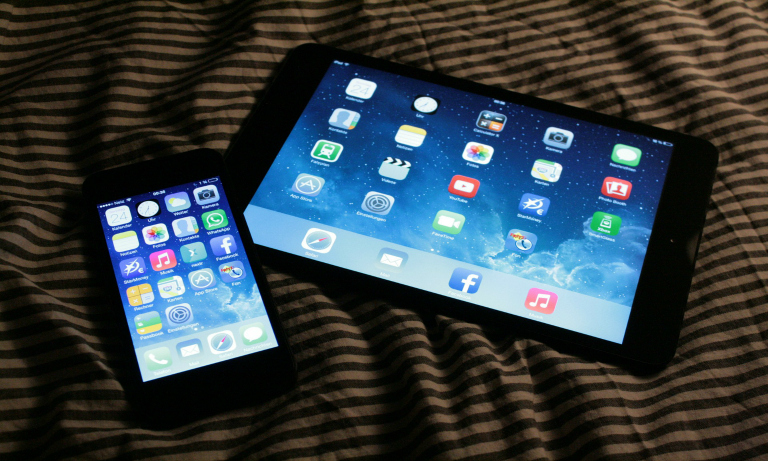 We need to understand more fully the complexities of contemporary digital online lives, their boundaries and how the law can best support them
We need to understand more fully the complexities of contemporary digital online lives, their boundaries and how the law can best support themFrench president, François Hollande has proposed changes to France’s famously inflexible employment laws which have prompted an outcry among students and unionists and even the barricading of schools by pupils. However, among these changes is the liberating notion that employees should have the right to disconnect: to ignore emails from employers during evenings and weekends so that personal time with friends and family is not affected by work distractions or feelings of guilt.
In today’s digital age, we are constantly connected – be it by our phones, Wi-Fi or tablets. This has a massive impact on our working lives, allowing us to be available to work related issues and therefore available 24/7.
The proposed legislation acknowledges the considerable research that suggests that we need to psychologically detach from work regularly, or risk becoming burnt out and unproductive.
This notion also makes the employer responsible in part for managing this intrusive technology and its effects on employees. On a positive note, technology allows us flexibility as to where and when we work, but at the same time it can also chain us to our virtual desks. Employers need to be made responsible for managing this and enforce good practice.
Work-life balance is a highly recognised area – It is one that is fed by endless media articles and self-help books, and one that is almost certainly unresolvable by the individual as so much of the pressure comes from bosses and colleagues at work.
In a study conducted by Professor Gillian Symon – Organisation Studies at Royal Holloway, it shows there are three ways digital media and mobile technology have affected our lives that isn’t acknowledged by legislation, which is concerned only with time spent connected to work.
The research highlights the effects of ‘digi-housekeeping’ – those never ending technology maintenance tasks that we often have to deal with in our spare time, outside of work hours. Tasks such as syncing devices, technical issues and updating software – none of which make the timesheet.
Legislation also does not address how social media for work invades our privacy. If we share work-related content to our private networks, are we exploiting our personal identities for their ends? These additional tasks may well be causing us stress and increasing our workload without any formal recognition of the effort involved.
What about the self-employed? While those working for themselves have always had to work hard, social media has put added pressure on them to be constantly online and accessible to maintain their business. We need more imaginative interventions that will address the needs of specific groups such as these.
The research included the use of video diaries which exposed the complex circumstances of today’s workers in a more revealing way than traditional surveys can do. The results of these suggested that we are in fact distinguishing our lives by being online and offline instead of work and non-work hours.
To support flexible working, we may need flexible legislation that is based on other considerations than time alone, including where and how we work best. The option of a one-size-fits-all solution is highly unlikely; researchers and policymakers are going to have to find more creative 21st century solutions for this very 21st century problem.
To sum it up, the French government’s move to formally recognise the distraction caused by 24/7 technology is welcome, but limited. To improve this, we need to have a deeper understanding of the complexities of contemporary digital online lives, what boundaries people now find important, and how the law can best support them.
Join Over 40,000 Recruiters. Get our latest articles weekly, all FREE – SEND ME ARTICLES
Recruiters love this COMPLETE set of Accredited Recruitment & HR Training – View Training Brochure








